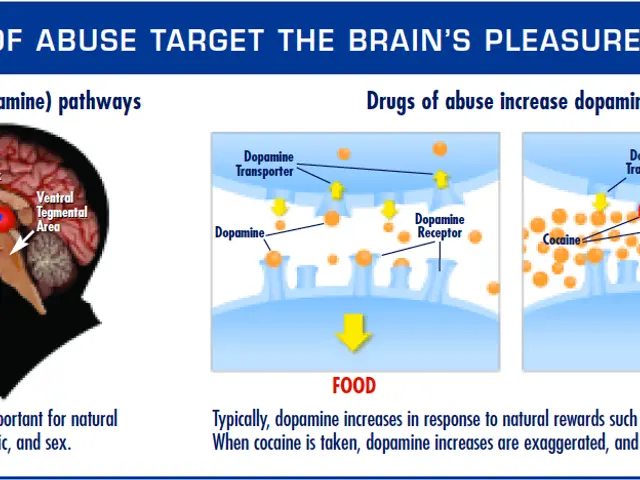Embrace an Abundance of Vegetables in January, Vegan-Style!
January marks the start of Veganuary, an annual invitation to try veganism for a month. For those considering a shift towards a more plant-based diet, there are numerous resources available to help make the transition smoother.
One such resource is Henry Firth's "Modern Flexitarian", a guide that caters to those who wish to reduce their meat consumption without fully committing to a vegan lifestyle. For those diving headfirst into veganism, "The Vegan Meat Cookbook" by Miyoko Schinner offers over 100 recipes for comfort food and global dishes, using vegan meat and cheese alternatives.
For beginners in plant-based cooking, "How to Cook Everything Vegetarian" by Mark Bittman is a fundamental cookbook with detailed, easy-to-follow instructions covering a wide range of vegetarian recipes and techniques. For those looking to explore whole grains and seasonal produce, "Grains For Every Season" by Joshua McFadden is an ideal choice.
For those interested in the health benefits of a plant-based diet, "How Not to Die" by Dr. Michael Greger explores scientific evidence supporting a plant-based diet for preventing and reversing disease. "Epic Vegan Pressure Cooking" by High Carb Hannah provides practical meal planning, shopping lists, and recipes designed for easy preparation and health.
For those following a flexitarian approach, Mark Bittman's "VB6: Eat Vegan Before 6:00" and "The VB6 Cookbook" introduce a diet promoting vegan meals earlier in the day with some animal products allowed later.
Adopting a plant-based diet often requires more time for food preparation, which can make dining out with friends and dinner parties awkward for some people. However, with the growing popularity of plant-based diets, more restaurants are offering vegan options.
A study by the American Heart Association found that vegans have a lower incidence of heart attacks and cardiovascular diseases. While the lack of B12 in a vegan diet may lead to an increased risk of stroke, this is not conclusive, and doctors recommend taking a B12 supplement or increasing intake of B12-rich foods like nutritional yeast.
Studies also suggest that vegan and vegetarian diets lead to less inflammation in the body, which can help alleviate or eliminate conditions like autoimmune diseases, asthma, and arthritis. Vegans and vegetarians tend to have a lower body mass index compared to those following a meat-based diet.
In conclusion, there are numerous resources available for those interested in exploring a plant-based lifestyle, including vegan and flexitarian diets. From cooking basics to health science, these books provide a range of perspectives and tools for adopting a plant-based lifestyle.
This article was written by Bronwyn S. and was first published in January 2021. It does not provide new information about vegan alternatives to common products or new challenges or considerations related to being vegan. The article does not mention any new studies or research related to veganism, so no new scientific facts are extracted.
- Henry Firth's "Modern Flexitarian" is a helpful resource for individuals seeking to reduce meat consumption but are not ready to fully commit to a vegan lifestyle.
- For vegans diving into plant-based cooking, Miyoko Schinner's "The Vegan Meat Cookbook" offers numerous recipes using vegan meat and cheese alternatives.
- For beginners in vegetarian cooking, Mark Bittman's "How to Cook Everything Vegetarian" is a fundamental cookbook with detailed instructions on a wide range of recipes and techniques.
- Joshua McFadden's "Grains For Every Season" is an ideal choice for those looking to explore whole grains and seasonal produce.
- Dr. Michael Greger's "How Not to Die" explores scientific evidence supporting a plant-based diet for preventing and reversing disease.
- High Carb Hannah's "Epic Vegan Pressure Cooking" provides practical meal planning, shopping lists, and recipes for easy preparation and health.





